Support the LA Phil
Keep the music going. If you are able, please help the LA Phil continue to make programs like this one and impact lives through music education.
Give now:
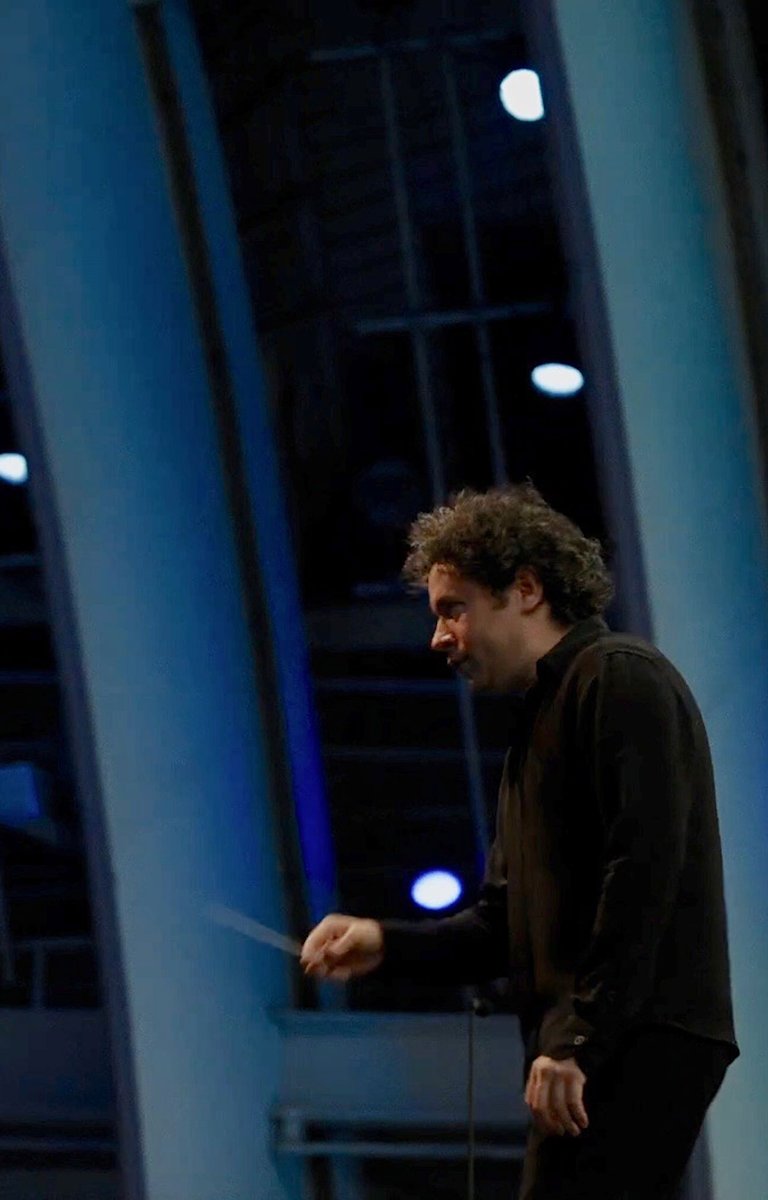
Season 1 - EP5
Beethoven
This concert’s streaming date has passed. Enjoy its accompanying essay, interview, special performances and more below.
This episode was released on Jan 1st
About the episode
What does pure, beautiful, unbridled joy sound like? Some, including composer Richard Wagner, would say, “Beethoven’s Seventh.” No symphony makes a better case for the uselessness of words when it comes to expressing our highest highs – who needs to say “joy” when Beethoven’s music can make you feel it?
Gustavo Dudamel
Conductor
Los Angeles Philharmonic
Orchestra
Program
Symphony No. 7
By 1813, Beethoven had known for more than a decade that he was getting deafer and deafer. Despite it, he decided to conduct the premiere of his Seventh Symphony. Luckily, his orchestra was filled with some of the greatest musicians of his time – including composers Hummel, Meyerbeer, and Salieri – and it became one of the most successful concerts Beethoven ever produced. The second movement, in particular, proved so popular that it had to be encored on the spot; that movement went on to become his most well-liked orchestral composition, frequently performed apart from the symphony. Within the next 10 weeks, the full symphony was repeated three more times. One newspaper reported that the “applause rose to the point of ecstasy.”
The Seventh’s success persisted. Check out how Richard Wagner reacted: “All tumult, all yearning and storming of the heart, become here the blissful insolence of joy, which carries us away with bacchanalian power…The Symphony is the Apotheosis of the Dance itself: it is Dance in its highest aspect, the loftiest deed of bodily motion, incorporated into an ideal mold of tone.” That phrase, the “Apotheosis of the Dance,” has stuck because it’s so apt. More than harmonies or melodies, it’s the dance rhythms that draw us in.
But you may be confused when you start listening to the symphony. Here’s why: Beethoven craftily sets us up by writing a long, slow introduction; in fact, it was the longest symphonic intro ever written – at least three and half minutes. But then the movement proper kicks in with its lively dance-like rhythms, abrupt dynamic changes, and unexpected modulations.
Then comes the famous Allegretto that the crowds adored. A steady rhythm on the same note launches this serious, mesmerizing music, which gradually increases in intensity but eventually dies away, broken apart into different sections of the orchestra.
The third movement scherzo brings out the dance feeling even more with its spritely rhythms. For contrast, Beethoven interrupts it a couple of times with a section (the “trio”) that sounds at first subdued, then heroic. The finale zips along with Bacchic fury in a tour-de-force of whirling dance energy. Composer and author Antony Hopkins sums it all up: Beethoven’s Seventh gives us “a feeling of true spontaneity; the notes seem to fly off the page as we are borne along on a floodtide of inspired invention.”
Composed: 1813
Orchestration: 5 first violin, 5 second violin, 4 viola, 3 cello, 2 bass, 2 flute, 2 oboe, 2 clarinet, 2 bassoon, 2 horn, 2 trumpet, timpani
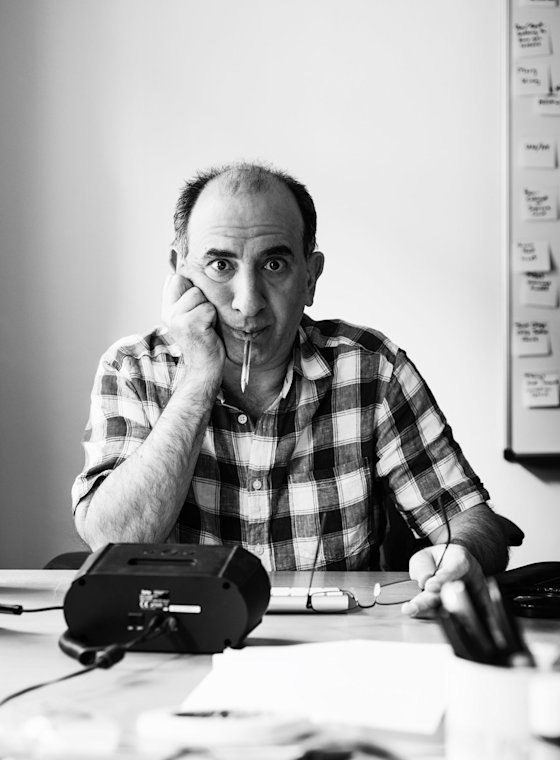
Beethoven’s 7th
by Armando Iannucci
What is music for, exactly? Why, for example, do people — intelligent, gifted people —devote their lives to scraping a gut-string? Of course, in these vexatious times, music’s ability to comfort and connect is unquestionable. But before Beethoven, music was in danger of being considered no more than a glorious background noise to banquets and balls or as an accompaniment to worship in a cathedral. If it was intimate, it was as something played privately among friends and family in the private home. Beethoven changed that utterly: he took music out of the church, ballroom and drawing room, and made it public. For Beethoven, music was both democratic and vital. Music was there to stir, to exult, to frighten if need be, but above all to connect with life and with this world. His Eroica Symphony was partly a rush of radical enthusiasm for the Revolution in France, his Fifth hammers away with opening notes of defiance, his Ninth is a profound and experimental expansion of the symphony into a whole world of sound reiterating its commitment to human harmony. Beethoven spent a lifetime proving that music mattered.
For Beethoven, music was both democratic and vital.
Despite all this, the 7th remains my favourite of his symphonies maybe because it has no agenda. It’s not about anything, other than, I think, Beethoven reveling in his own creativity. It opens seriously enough, but the composer can’t keep the seriousness going longer than 3 minutes. After that, all is wonderful, energetic dance-like rhythm and eccentric drive. Even a funeral march in the second movement starts to get playful, and the only word I can use to describe the gloriously mad final movement is ‘intoxicated’. The Seventh delights in its own celebratory sounds. After all his efforts to share the profound and mighty consequences of music, maybe Beethoven wanted to relax here and demonstrate another mighty truth: that music is wonderful when music just is.
Author Bio - Armando Iannucci is a writer and broadcaster who has written, directed and produced numerous critically acclaimed television and radio comedy shows. His screenplay for the film In the Loop was nominated for an Oscar, and his iconic series for BBC – The Thick of It – was nominated for 13 BAFTA Awards, winning 5 during its four series run. Armando’s HBO comedy Veep has picked up numerous awards including four Emmys for Outstanding Comedy Series over the last four years, and his film adaptation of Charles Dickens’ David Copperfield was released in January 2020 and won the Best Feature Film at BIFA's 2020 awards show. In 2017 he published Hear Me Out, a new book on classical music, and released the feature film The Death of Stalin, which was nominated for 2 BAFTAs and won Best Comedy at the European Film Awards. His latest HBO series, Avenue 5, which stars Hugh Laurie and Josh Gad aired on SKY earlier this year, and he has now commenced on writing the second series.

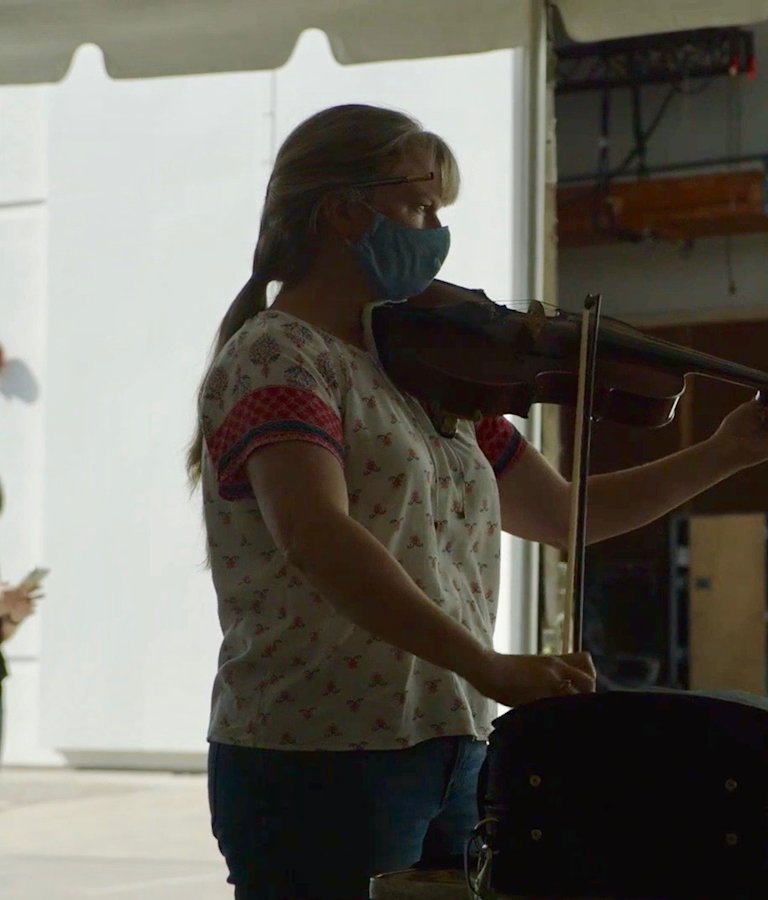
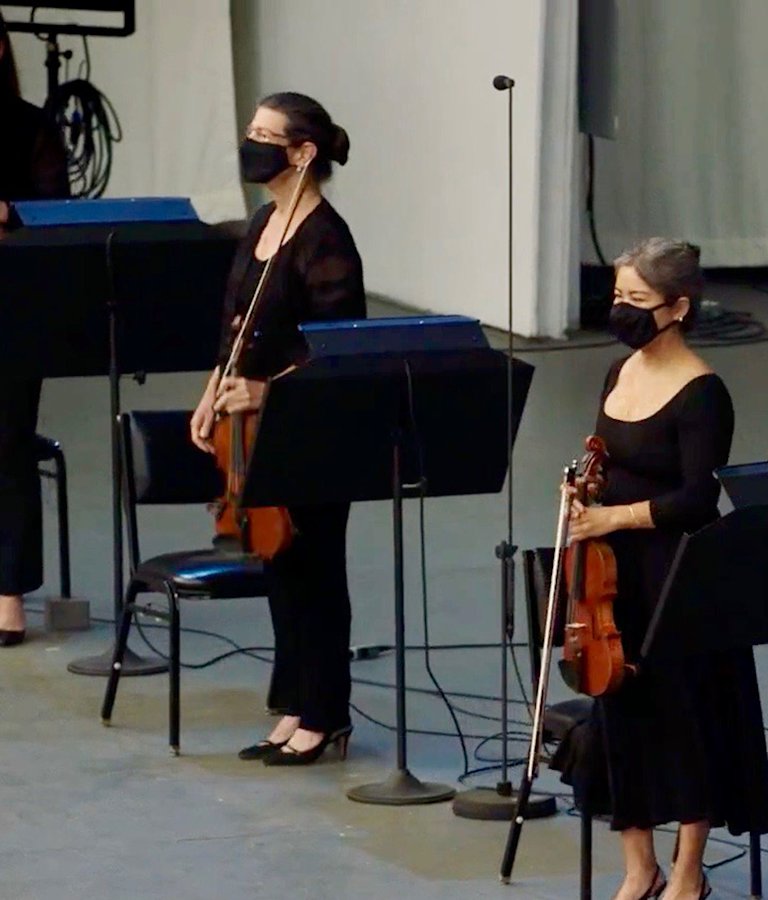
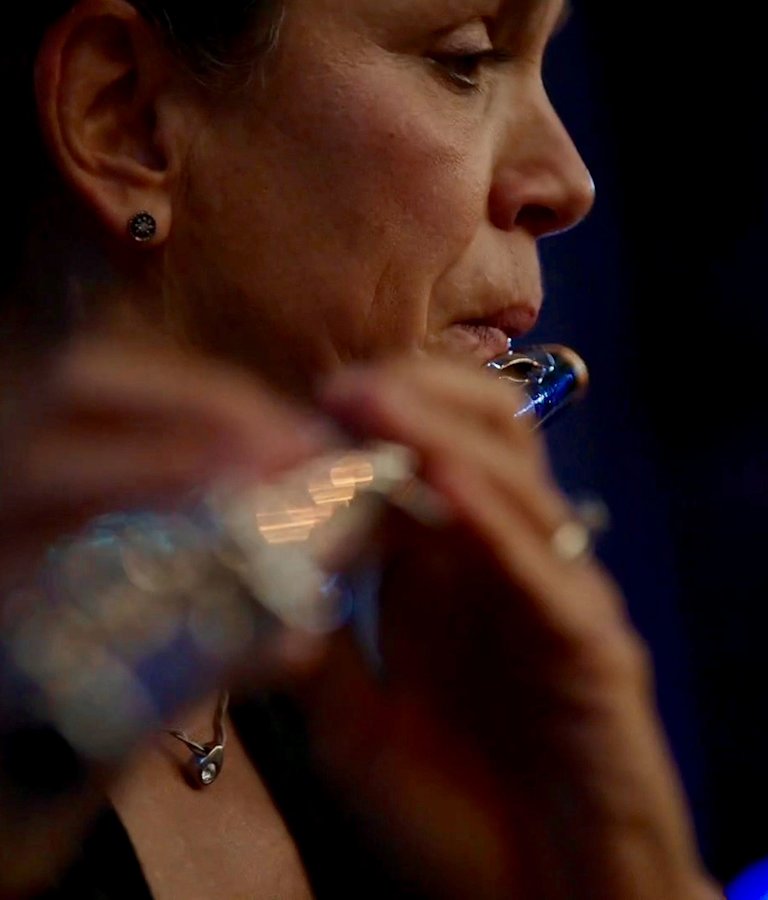
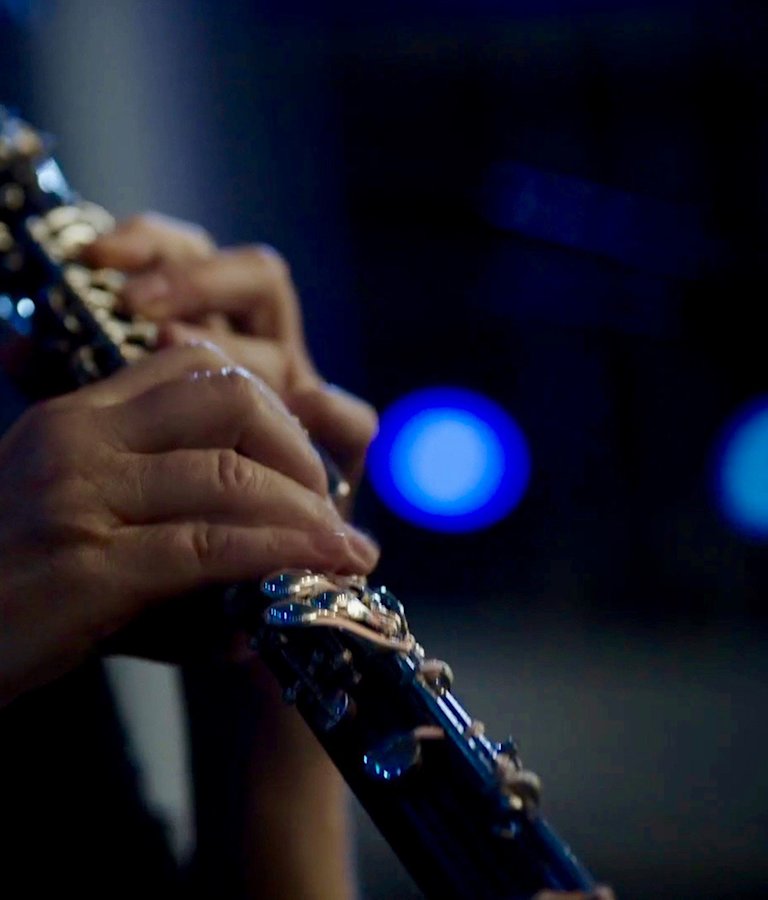
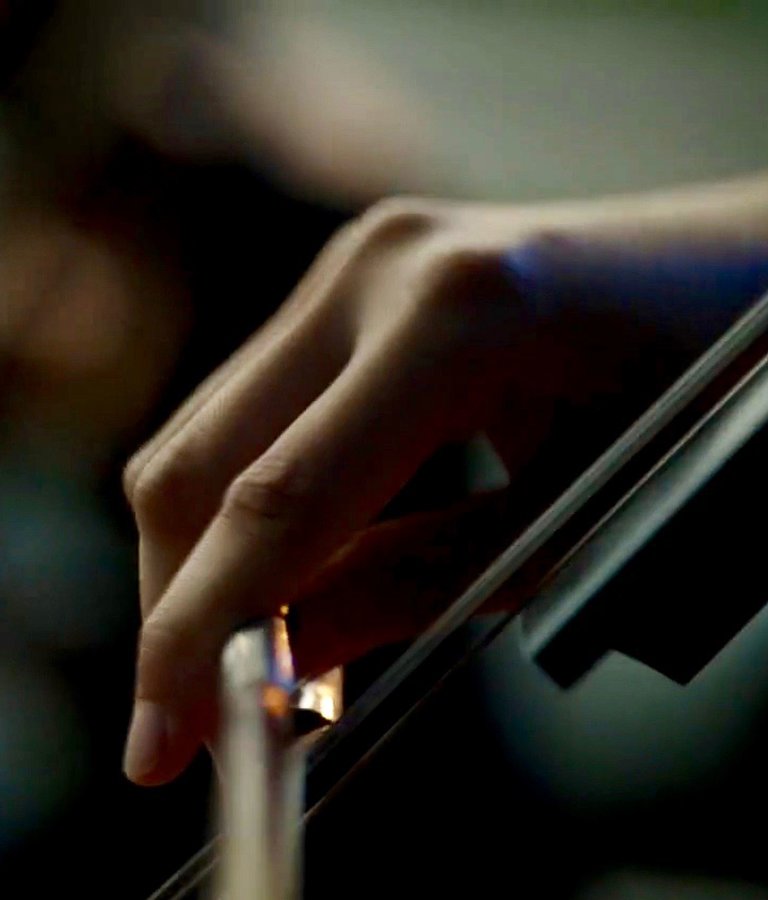
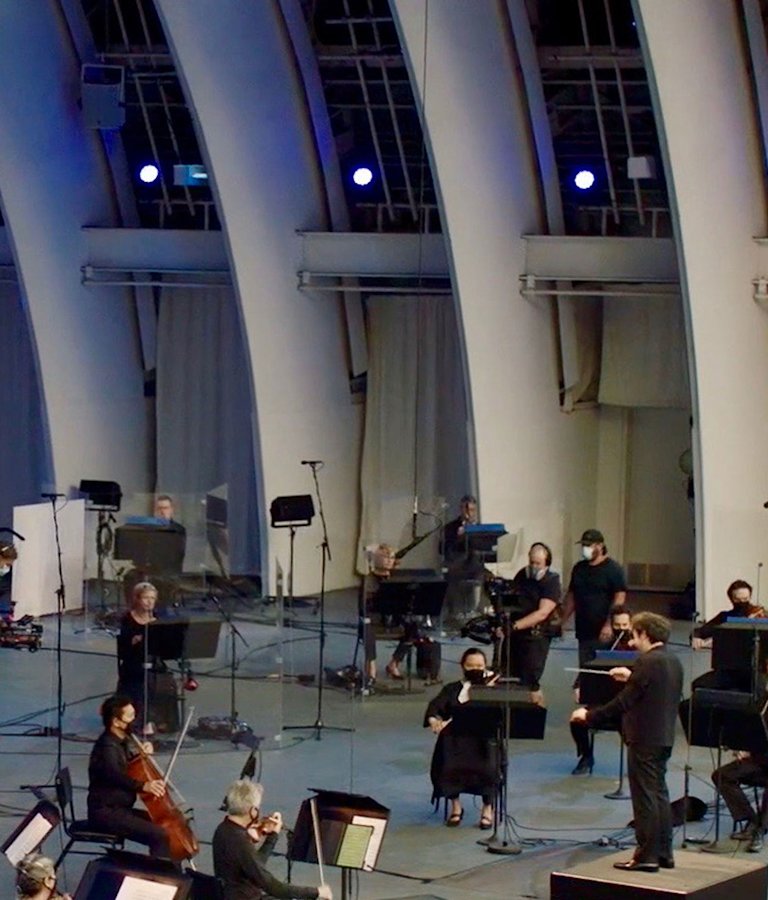
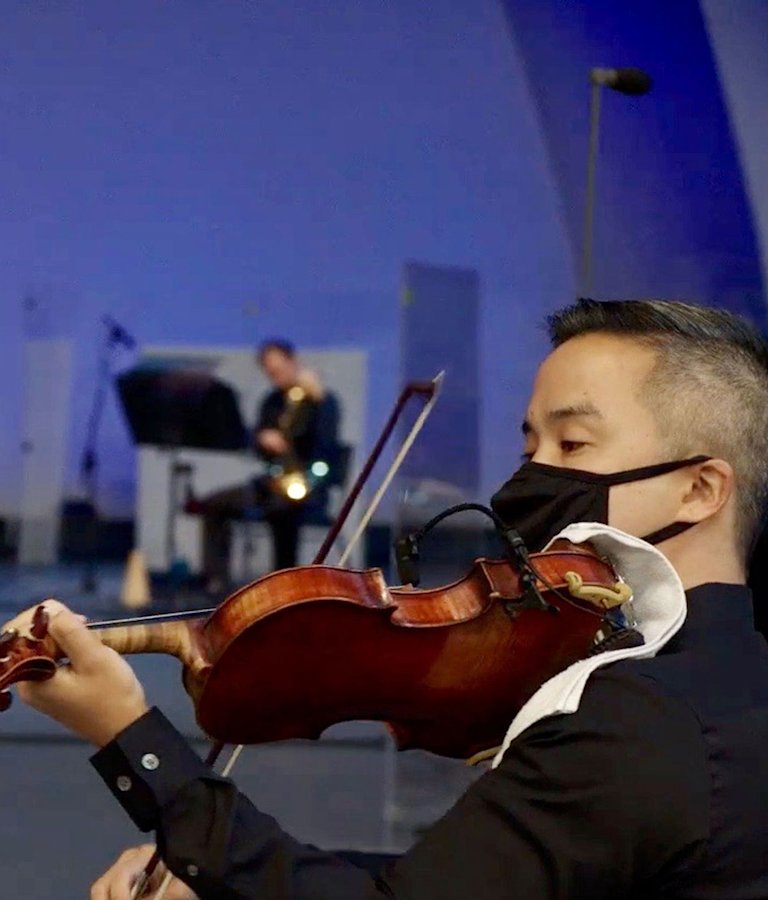
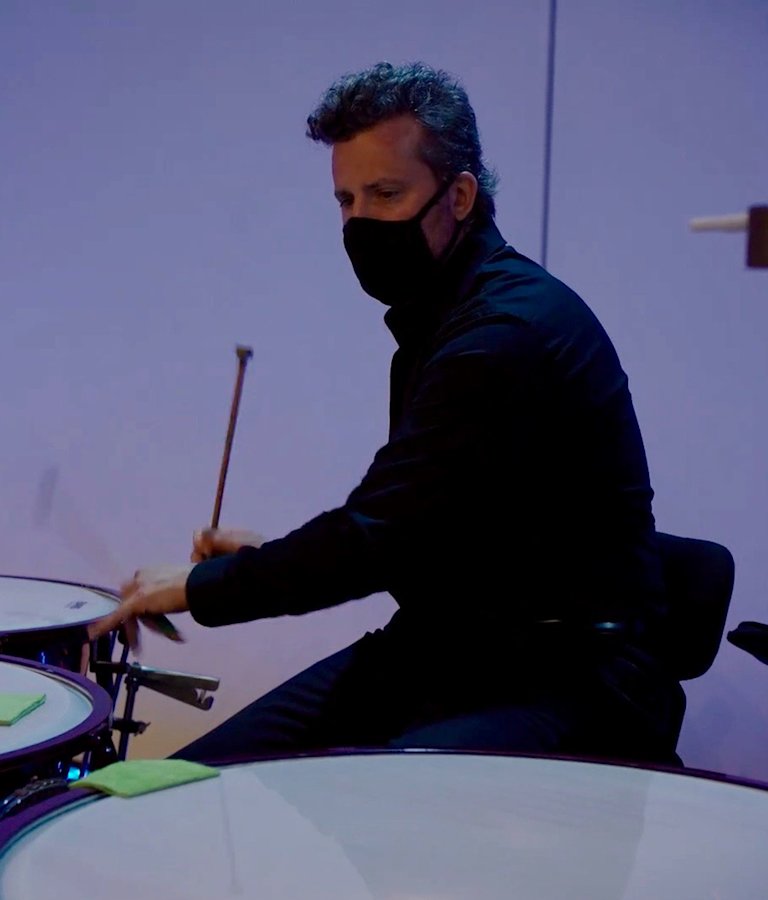
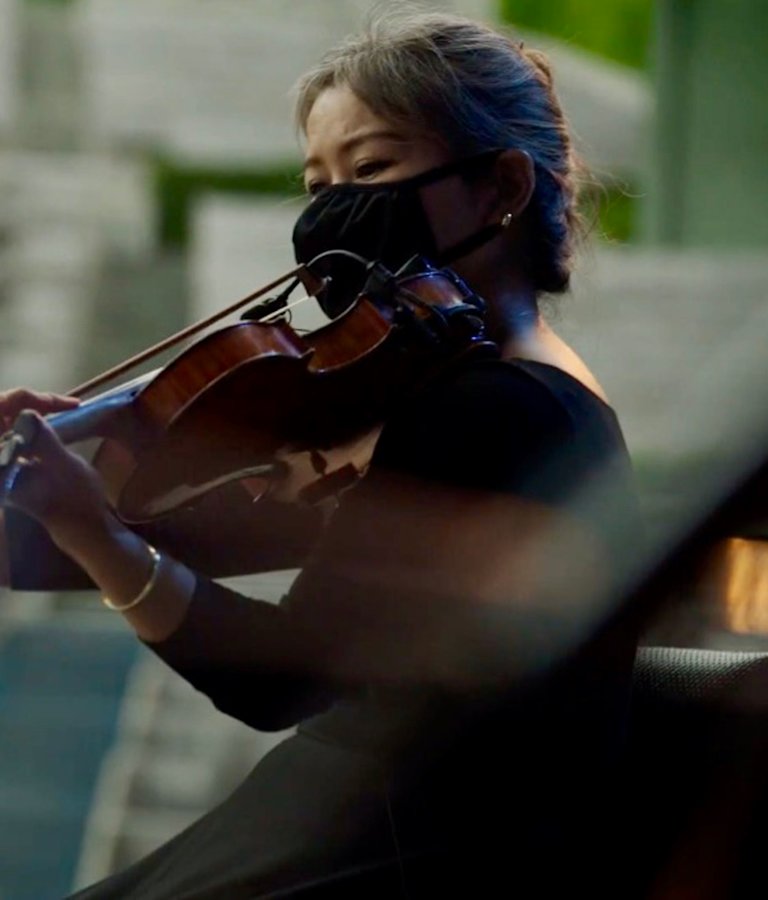
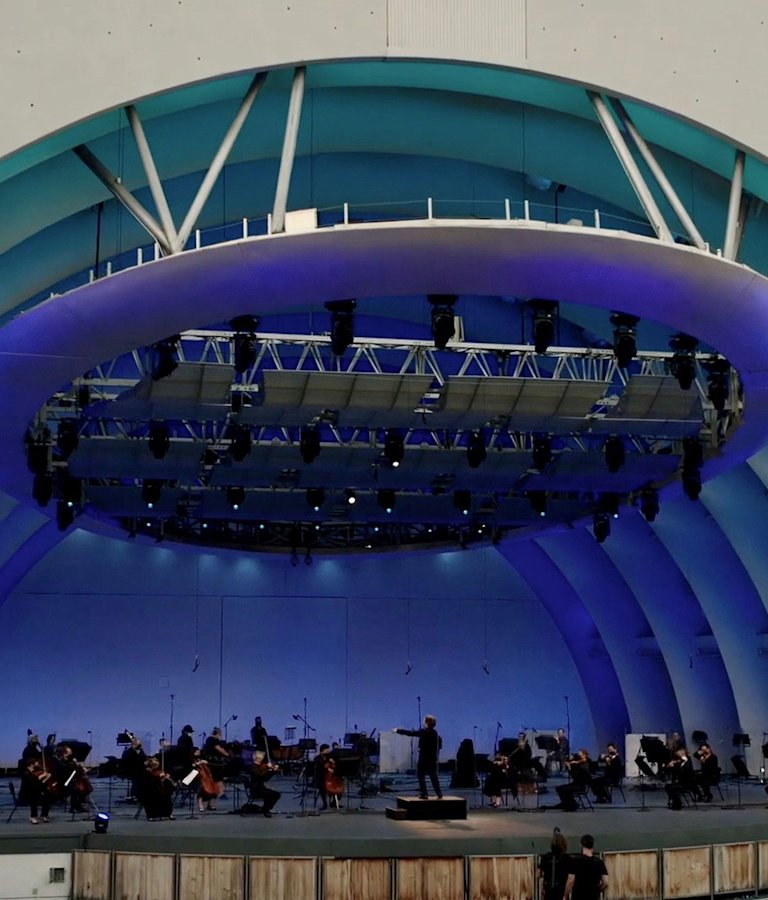
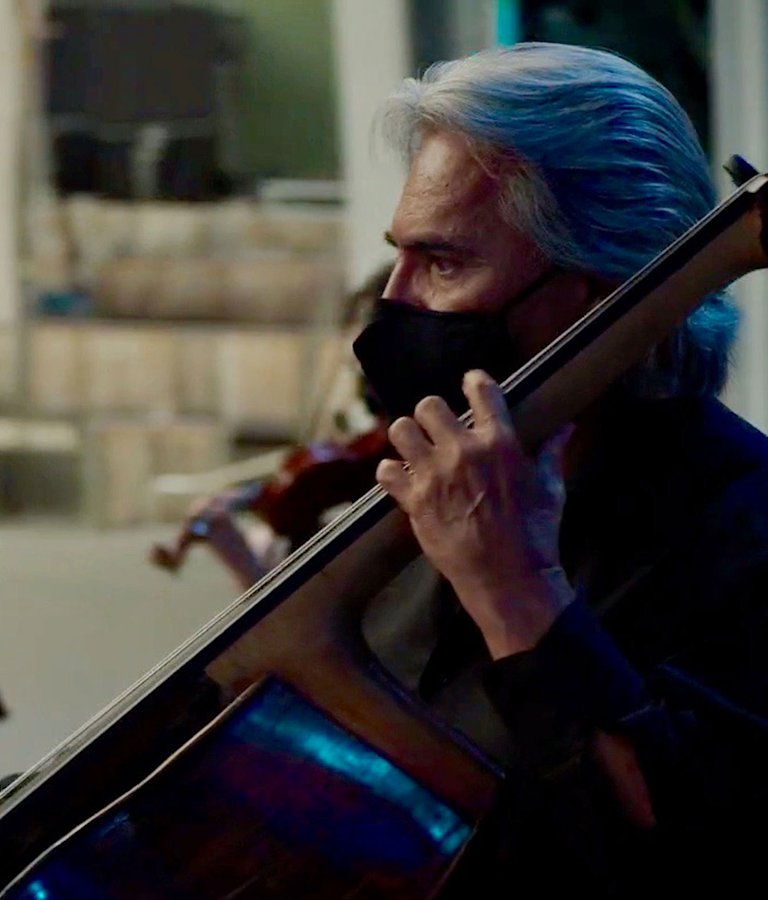
Evan Kuhlmann assembling his bassoon
Violist Leticia Oaks Strong warms up
Musicians from the Los Angeles Philharmonic turn to face an empty Bowl before the start of Beethoven's 7th
Associate Principal flute Catherine Ransom Karoly
Associate Principal oboe Marion Arthur Kuszyk
Assistant Principal cello Dahae Kim
Gustavo Dudamel conducts the Los Angeles Philharmonic through the second movement, Allegretto (A minor)
Johnny Lee in the Second Violin section
Principal timpani Joseph Pereira
Assistant Concertmaster Akiko Tarumoto
Gustavo Dudamel and the LA Phil during a SOUND/STAGE filming
Assistant Principal bass Oscar M. Meza
Listen Up
A playlist by Gustavo Dudamel
To be a great writer, they say you need to read a lot of books. Some writers even go so far as to retype the pages of their favorite books to understand the choices the author made. Conductors need those inspirational points of reference too, so who does Gustavo Dudamel turn to? We asked our Music and Artistic Director to share with us some of the historic Beethoven recordings he most admires, as well as a special one all his own.
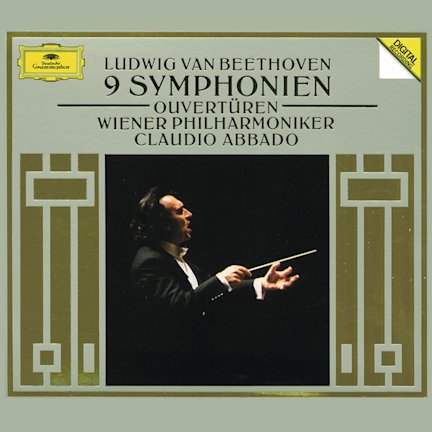
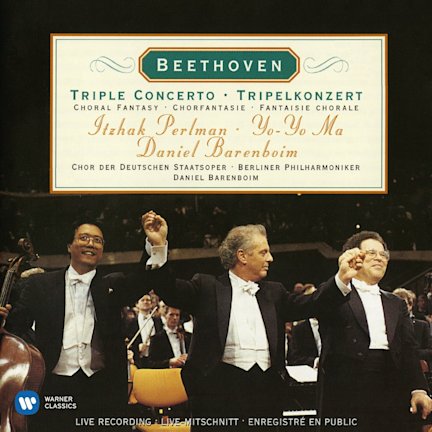
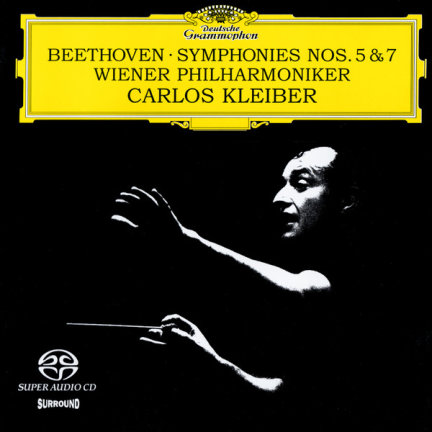
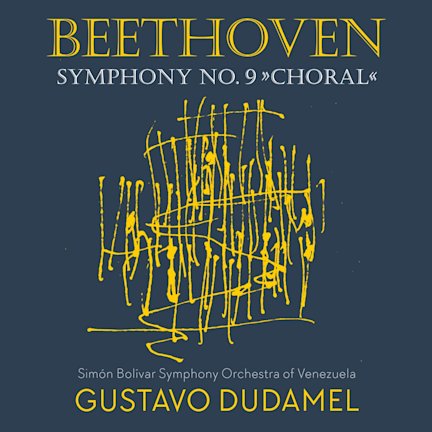
Seeing Music With
LILLI CARRÉ
As part of Sound/Stage, the LA Phil reached out to visual artists, writers, photographers, filmmakers, and dancers to reflect on our musical programs and their themes. For classical pieces like Beethoven's Symphony No. 7, we asked experimental animators to create a piece in the spirit of the early 20th-century artist and animator Oskar Fischinger, who revolutionized motion graphics by combining synchronized abstract visuals with musical accompaniment. Lilli Carré is an interdisciplinary artist, filmmaker, and cartoonist whose work has been exhibited at museums and film festivals worldwide. She is the co-founder of the Eyeworks Festival of Experimental Animation and has published more than half a dozen graphic novels.

EP 5 CREDITS An LA Phil Media Production Gustavo Dudamel Music & Artistic Director Directed by James Lees Support for this episode is provided by Ann Ronus LOS ANGELES PHILHARMONIC LA PHIL STAFF SOUND DESIGN Fred Vogler LIGHTING DESIGN Robin Gray Academy Lighting Consultants IATSE LOCAL 33 Kevin Brown, Master Carpenter Andy Kassan, Master Electrician Donald Quick, Property Master Michael Sheppard, Master Audio-Visual/Union Steward Kevin Wapner, Assistant Audio-Visual The stage crew is represented by the International Alliance of Theatrical Stage Employees and Moving Picture Machine Operators of the United States and Canada, Local 33
The Los Angeles Philharmonic thanks the Los Angeles County Board of Supervisors and the Department of Parks and Recreation who value assuring access to arts and culture in Los Angeles: BOARD OF SUPERVISORS Hilda L. Solis, First District Mark Ridley-Thomas, Second District Sheila Kuehl, Third District Janice K. Hahn, Fourth District Kathryn Barger, Fifth District and Chair PARKS AND RECREATION Norma E. Garcia, Director of Parks and Recreation and Regional Parks and Open Space District EDITED AT PARALLAX Editors: Qing Shao & Yiqing Yu Additional Editor: Guangwei Du Executive Producer: Graham Zeller Post Producer: Rebecca Rose Perkins Color Correction: Bossi Baker Sound Mix: Unbridled Sound WEBSITE ToyFight